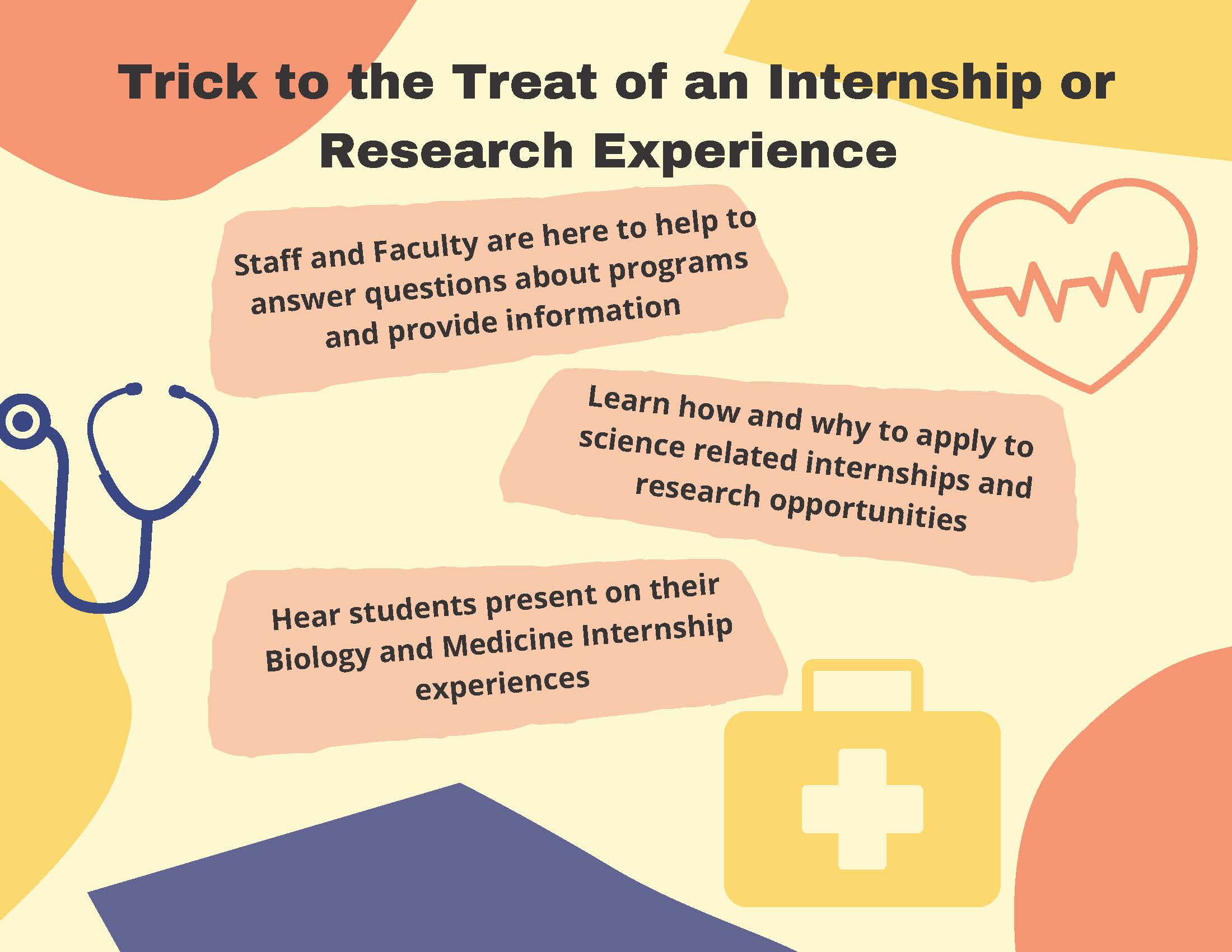Location
Carl Desantis Atrium
Start Date
26-10-2022 11:30 AM
End Date
26-10-2022 1:00 PM
Description
Autism Spectrum Disorder (ASD) affects a multitude of races and ethnicities as its impact varies from person to person. ASD is typically diagnosed around the age of two to three years old since signs and symptoms of Autism develop then. Increased reporting of Autism in local communities has surged because of better diagnostic tools and criteria as well as public awareness. However, even with these advancements, the African American community suffers a delayed diagnosis for ASD. This issue poses problems for both the parents and children with Autism; opportunities are limited for developmental services by a delayed diagnosis. A literature review commenced understanding the problem from prior works. The research presented information on a state and local level but was widely unspecific to the surrounding communities. Thus, a survey study was conducted to gather parents’ experience with the diagnosis process of Autism, what could have contributed to the delays in diagnosis, and resources used before and after diagnosis. Data from the survey formed themes that commonly described the situation. This knowledge created an infographic that presented a list of services before and after diagnosis. Throughout this process, UM-NSU CARD aided the project by handling the distribution of the surveys and the intervention. The organization offered great help guiding aspects of this project and currently oversees the reception of the infographic. Overall, the project identified criteria that caused a delayed diagnosis of autism, understood current community resources, and developed an intervention that showed a pathway for diagnosis before and after.
Included in
Trick to the Treat of Internships and Research: Health Literacy Project: Awareness of Autism in Black and Brown Communities
Carl Desantis Atrium
Autism Spectrum Disorder (ASD) affects a multitude of races and ethnicities as its impact varies from person to person. ASD is typically diagnosed around the age of two to three years old since signs and symptoms of Autism develop then. Increased reporting of Autism in local communities has surged because of better diagnostic tools and criteria as well as public awareness. However, even with these advancements, the African American community suffers a delayed diagnosis for ASD. This issue poses problems for both the parents and children with Autism; opportunities are limited for developmental services by a delayed diagnosis. A literature review commenced understanding the problem from prior works. The research presented information on a state and local level but was widely unspecific to the surrounding communities. Thus, a survey study was conducted to gather parents’ experience with the diagnosis process of Autism, what could have contributed to the delays in diagnosis, and resources used before and after diagnosis. Data from the survey formed themes that commonly described the situation. This knowledge created an infographic that presented a list of services before and after diagnosis. Throughout this process, UM-NSU CARD aided the project by handling the distribution of the surveys and the intervention. The organization offered great help guiding aspects of this project and currently oversees the reception of the infographic. Overall, the project identified criteria that caused a delayed diagnosis of autism, understood current community resources, and developed an intervention that showed a pathway for diagnosis before and after.


